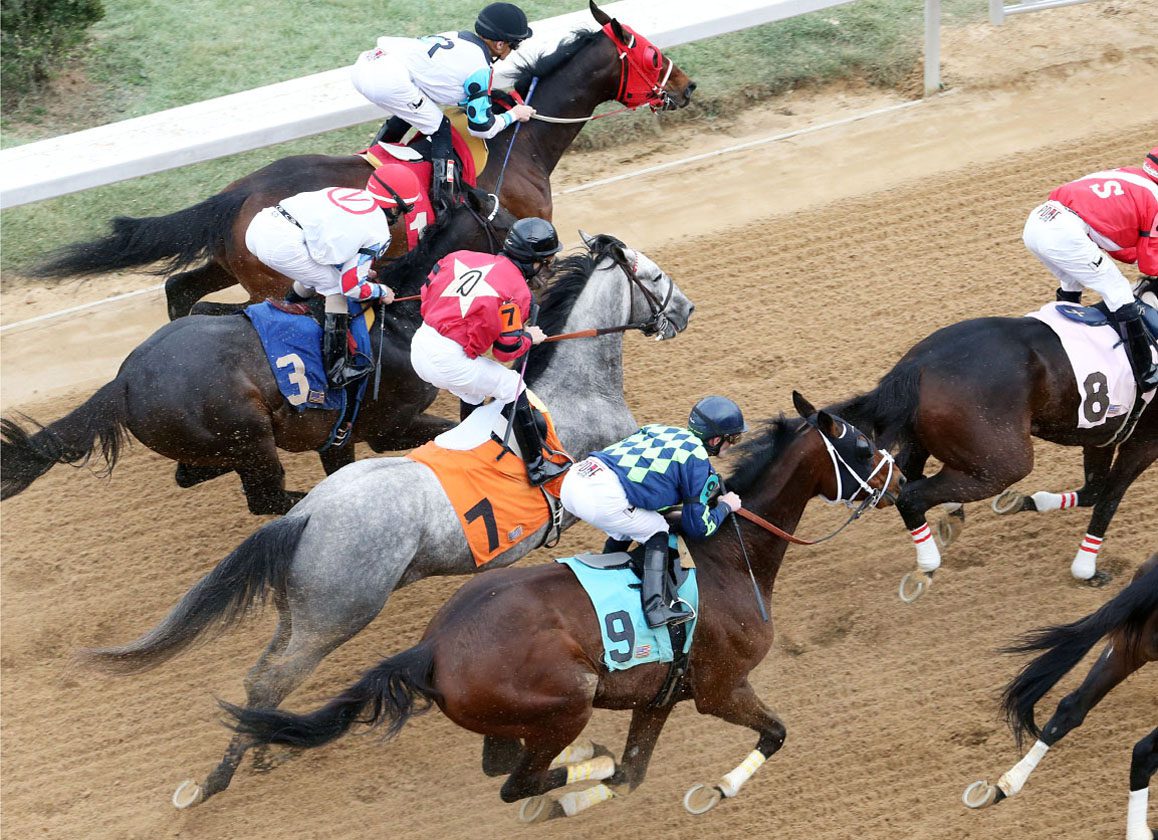A new study, called for in 2019 by the Grayson-Jockey Club Research Foundation found that hair testing can be used to consistently detect bisphosphonates for up to six months after administration. The study was on the use of hair as a matrix for the long-term detection of bisphosphonates in horses, the organization said in a release Thursday.
“Over the past few years, bisphosphonate use has become a concern with regard to the welfare of Thoroughbred racehorses,” said Jamie Haydon, president of Grayson. “We are very thankful for the generous support by Vinnie and Teresa Viola's St. Elias Stables and their ability to recognize the importance of this research in promoting equine safety and welfare.”
“Bisphosphonates are labeled for horses 4 years and older to manage navicular symptoms,” said Dr. Johnny Smith, A. Gary Lavin Research Chair of Grayson. “Unfortunately, people were using them in young horses, which is detrimental because bisphosphonates inhibit bone resorption, can stay in a horse's system for years, and can have long-term effects on bone.”
Previously published studies, including one conducted by the same group and funded under the same special call, demonstrated that in some cases bisphosphonates can be detected in blood and urine for extended periods of time, but detection using these matrices can be unpredictable and less consistent.
“Our study from 2020 showed that clodronate and tiludronate reside in the bone for extended periods,” said the study's principal investigator, Dr. Heather K. Knych, who is with the K.L. Maddy Equine Analytical Chemistry Lab's Pharmacology section and the Department of Molecular Biosciences, at the School of Veterinary Medicine, University of California, Davis. “This can lead to lasting pharmacologic effects and increase the risks of injury to racehorses. Being able to detect bisphosphonates long term in hair benefits the athletes and increases the integrity of the sport.”
Bisphosphonates are considered a banned substance for covered horses under the Horseracing Integrity and Safety Authority's Anti-Doping and Medication Control program. A covered horse that tests positive is subject to lifetime ineligibility.
Click here to read the study.
Not a subscriber? Click here to sign up for the daily PDF or alerts.






